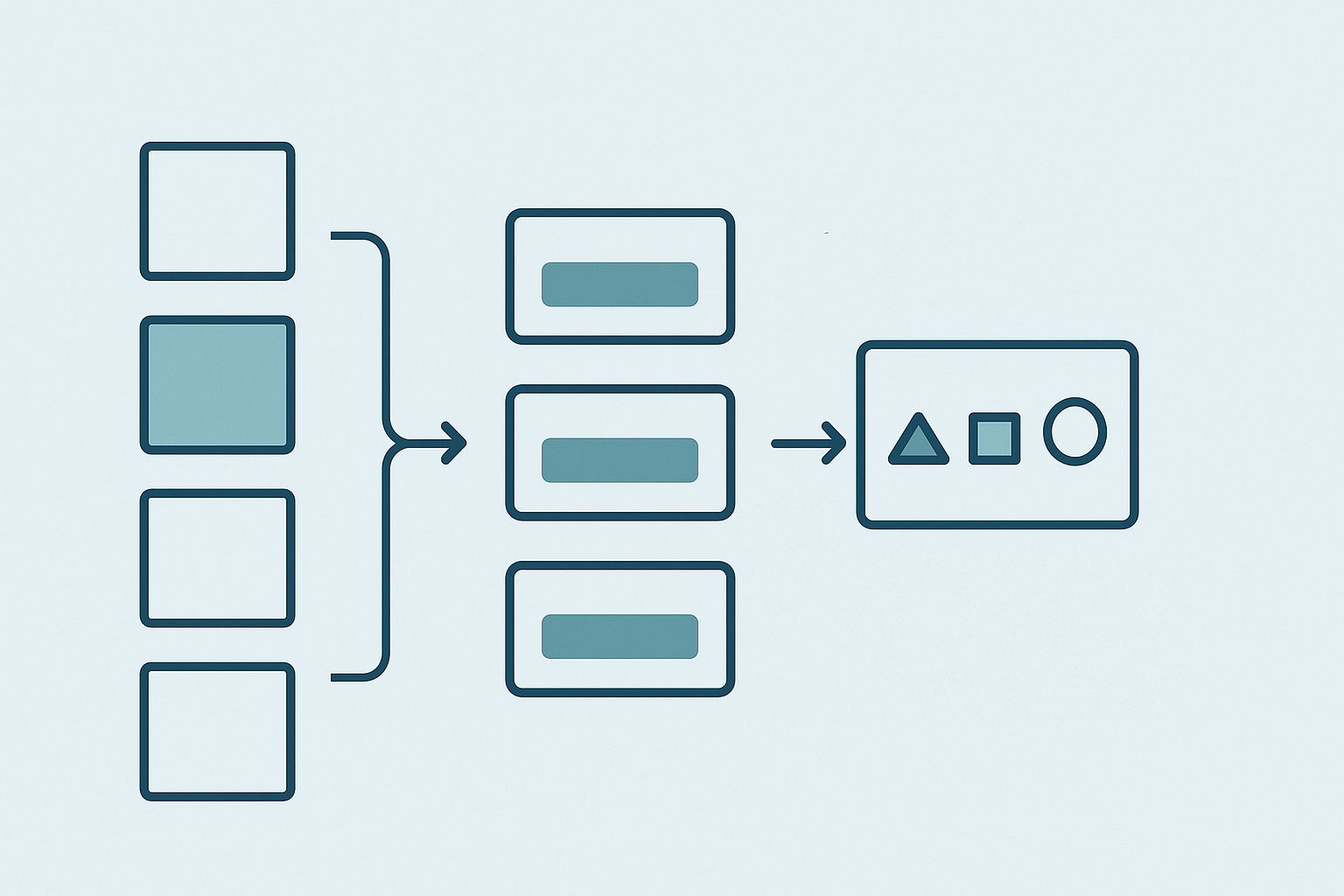
Tech Stack
Description
The Task Scheduler System is a robust concurrent Java application that demonstrates advanced multi-threading and task coordination. It manages interdependent tasks, enforces priorities, and efficiently utilizes processing resources through a fixed thread pool.
Core capabilities include dependency-aware execution, priority-based scheduling, and configurable retry mechanisms with strategies like exponential backoff. Failures are handled gracefully, ensuring resilience under transient conditions.
The system integrates Java’s ExecutorService, CompletableFuture, atomic variables, and concurrent collections to manage workflows. This emphasizes best practice usage of Java’s concurrency utilities rather than custom thread implementations.
Observability is achieved through execution tracking and detailed reporting. Metrics include task states, success/failure counts, timing analysis, and dependency resolution outcomes. These provide insight into performance and correctness under load.
The design reflects system-level engineering principles valued at FAANG-scale: scalability through thread pools, resilience through retries, and maintainability via layered architecture (scheduler, retry, reporting, core domain).
- Implemented dependency-aware scheduling with a directed acyclic task graph
- Built a priority queue using PriorityBlockingQueue for fair, ordered execution
- Designed retry policies supporting fixed delay and exponential backoff
- Integrated callbacks and CompletableFuture for async task composition
- Developed reporting layer to track execution metrics and generate reports
- Employed Builder pattern for expressive task creation and configuration
- Validated thread safety with JUnit and concurrency stress tests
- Packaged as a Maven project with clean structure and extensibility
